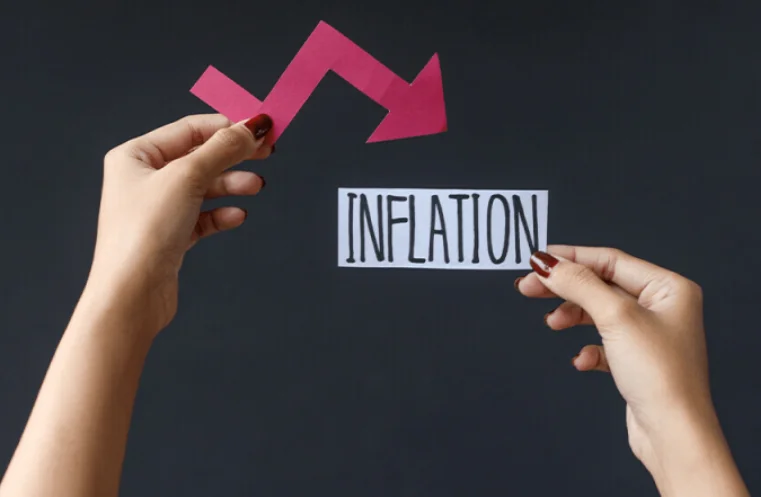Islamabad, Jan 30: The Ministry of Finance on Thursday acknowledged that inflation during the first six months of FY2024-25 (July-December) declined to 7.2 percent compared to 28.8 percent in the same period last year. In December 2024, inflation was recorded at 4.1 percent, the lowest in 80 months (since April 2018, when it stood at 3.96 percent).
The sharp decline in inflation is attributed to exchange rate stability, prudent fiscal management, and improved supply arrangements for essential commodities. Strict action against illegal foreign exchange companies, smuggling, and hoarding has helped stabilize the exchange rate, boost market confidence, and ensure a steady supply of goods.
The Sensitive Price Index (SPI), which tracks the weekly price movement of 51 essential items, has shown a continuous decline over the last four weeks of January 2025. In the week ending on 23rd January 2025, the SPI decreased by 0.77 percent.
The Sensitive Price Index (SPI), which tracks the weekly price movement of 51 essential items, has shown a continuous decline over the last four weeks of January 2025. In the week ending on 23rd January 2025, the SPI decreased by 0.77 percent.
During this period, prices of 12 items decreased, 14 increased, and 25 remained stable, indicating overall stability or a downward trend in the prices of essential goods.
The Economic Coordination Committee (ECC) had observed an abnormal increase in the prices of pulses and chicken in early November and took corrective measures. As a result, the price of gram pulse declined by Rs. 52.5 per kg (from Rs. 411.3 to Rs. 358.8), and mash pulse decreased by Rs. 37.4 per kg (from Rs. 528.3 to Rs. 490.9).
Read More:
Crypto Surges Again, but Investors Urged to Stay Cautious
Similarly, chicken prices dropped by Rs. 20.1 per kg (from Rs. 460.6 to Rs. 440.5), and the price of a 20kg wheat flour bag fell significantly from Rs. 2816.5 to Rs. 1794.3, a reduction of Rs. 1022.2.
Over the past four weeks, significant price reductions have been observed in tomatoes, potatoes, pulses, eggs, and LPG. The latest data released by the Pakistan Bureau of Statistics (PBS) confirms that policy interventions, administrative measures, and relief efforts are effectively controlling inflationary pressures.
